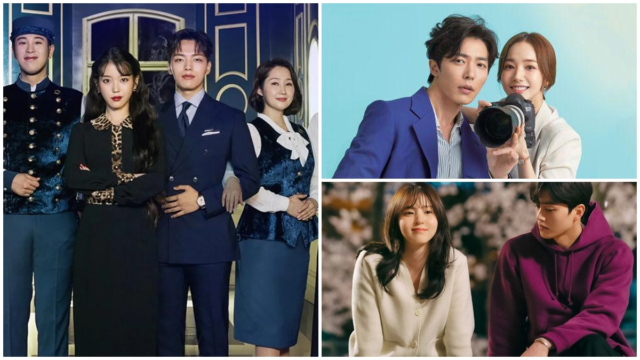The Summer I Turned Pretty, the newest original film from Amazon Prime, follows Isabel, often known as Belly, during the summer before she turns sixteen and becomes, as the title implies, “pretty.” Belly thinks that this summer will be different from past ones for her since it includes a debutante ball and a sweet sixteen birthday celebration. The males around her seem to be more attracted to her than ever, and Susannah, her mother’s friend, says she is “in bloom” as everyone looks at her differently. You reach sixteen and all of a sudden, there comes a metamorphosis followed by a universe of love and sexual possibilities. This is not at all an unusual cliche in the West.
It seems wonderful to fall in love when you’re sixteen and in your teens. There is, however, an underlying ageist connotation and reinforced worry that love must be found at a specific period due to the emphasis on and representation of it in Western media. When compared to relationships where the spouses are much older, the quantity of portrayals of teenage love in the West is extremely high. Belly’s mother’s newfound love is only a filler side narrative, even in The Summer I Turned Pretty. But in most instances, it’s virtually the exact opposite with k-dramas.
Women in their late twenties or early thirties are frequently the primary protagonists in k-dramas. In contrast to the West, less school or college romances occur than other cliches like office romances. These older female leads portray realistic depictions of their struggles in a competitive and sexist job market, their inability to find true love right away when they are teenagers, their parents’ nagging to get them married, and a glimmer of hope that it is okay to not find sweeping love when you are young and that love can happen at any age.
In an era of easily available internet and predatory groomers, the desperate search for the ideal relationship can sometimes result in negative circumstances. The diverse tales in k-dramas, as seen above, may help present an optimistic alternative and broaden the viewpoint of young and impressionable viewers, even though romance and high-school series are undoubtedly enjoyable and pleasant to watch.







